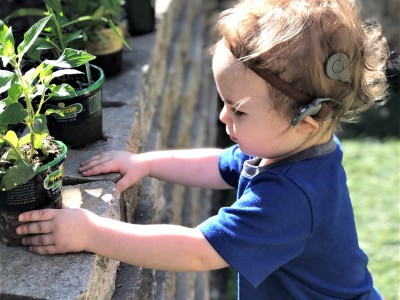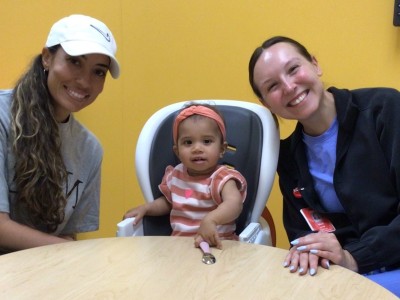
Tips for Helping Young Athletes After a Sports-Related Concussion

Could It Be Measles? A Guide for Caregivers

Healthy Back-to-School Tips

Leading the way in treatment of Spinal Muscular Atrophy

Identifying Low Energy Availability in Female Athletes

Better Hearing and Speech: Benefits of Cochlear Implants

Tonsils and Adenoids: What are they? Where are they? And do I need them?

Importance of Mental Health During and After Pregnancy

The Key Role of an Occupational Therapist

Travel Tips for Kids with Complex Medical Needs

Personal Insights Into Sickle Cell Disease

Brain Injury Signs and Symptoms












